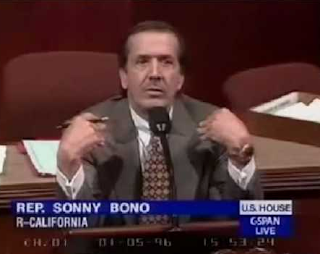 |
| Welcome to Georgia. |
My daughter Pauline is pushing the massive cart of luggage and car seats while also carrying little Albanie, nine months old today, on her back.
Next is Madison, the former Amazing Baby who starts second grade in September and will be 7 years old on Sept. 19th. On the right in the Spiderman shirt is Lexington, who will be four in November.
They're emerging from International Arrivals at Hartsfield-Jackson Airport in Atlanta, marking the end of a three-year tour in Jamaica.
They are pretty much racing for the next few days. Sunday they leave again for Seattle, for doctor visits and schmoozing with the other side of the family. At the end of August, they'll hop on a plane to take them to the other Washington -- D.C., that is -- where they'll be living for the next nine months or so while Pauline learns to speak Spanish.
This is my daughter's third time through the language program, and it should be the easiest. Her previous two visits were to learn Mandarin Chinese and Indonesian. After those two, Spanish should be a breeze.
"Que pasa?"
It's an exciting life, but a tough one for families. Maddie was born in Beijing, Lex was born in Seattle during the Surabaya tour and Albanie was born last Halloween in Jamaica.
Pauline's next tour will be the first in a long time that doesn't include time off to have a baby. Three, she says, are definitely enough.
The next year or so will be very different for the children. The only year Maddie spent in this country was from age 1-2. Lex has never really lived in the U.S.
Even though they will be nearly 700 miles away in Northern Virginia, I'm happy to have them so close. If things work out, we'll visit them two or three times between now and next May, when Pauline will be getting ready to go to Guatemala for three years.
Her life is definitely more interesting than mine.
They're emerging from International Arrivals at Hartsfield-Jackson Airport in Atlanta, marking the end of a three-year tour in Jamaica.
They are pretty much racing for the next few days. Sunday they leave again for Seattle, for doctor visits and schmoozing with the other side of the family. At the end of August, they'll hop on a plane to take them to the other Washington -- D.C., that is -- where they'll be living for the next nine months or so while Pauline learns to speak Spanish.
This is my daughter's third time through the language program, and it should be the easiest. Her previous two visits were to learn Mandarin Chinese and Indonesian. After those two, Spanish should be a breeze.
"Que pasa?"
It's an exciting life, but a tough one for families. Maddie was born in Beijing, Lex was born in Seattle during the Surabaya tour and Albanie was born last Halloween in Jamaica.
Pauline's next tour will be the first in a long time that doesn't include time off to have a baby. Three, she says, are definitely enough.
The next year or so will be very different for the children. The only year Maddie spent in this country was from age 1-2. Lex has never really lived in the U.S.
Even though they will be nearly 700 miles away in Northern Virginia, I'm happy to have them so close. If things work out, we'll visit them two or three times between now and next May, when Pauline will be getting ready to go to Guatemala for three years.
Her life is definitely more interesting than mine.





























